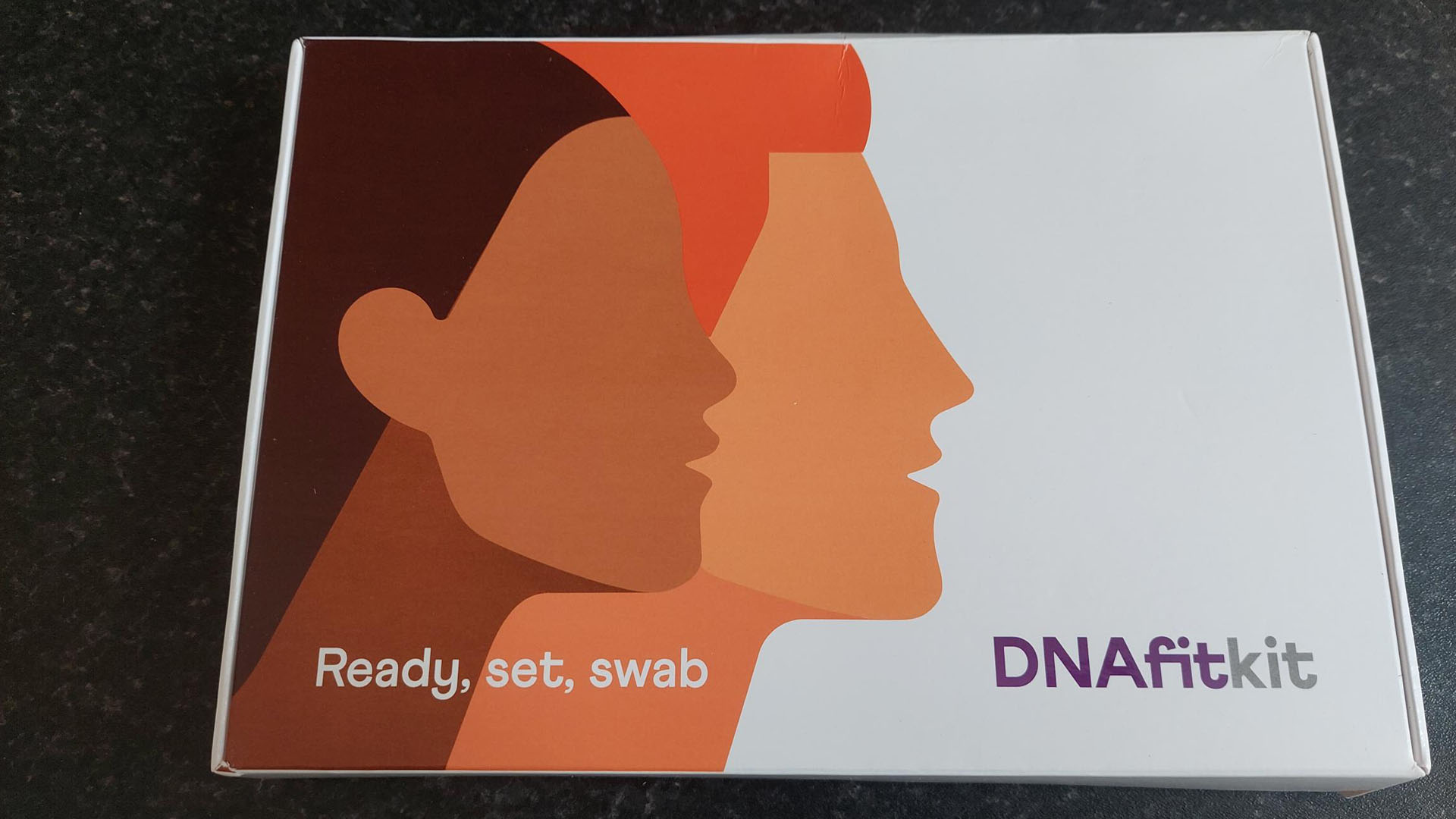Live Science Verdict
DNAfit provides an in-depth analysis of your dietary needs, answering some of the burning questions you might have. The results were easy to understand and presented in a fun, accessible manner.
Pros
- +
In-depth analysis of your nutritional requirements
- +
Provides optimal diet type
- +
Tests lactose and gluten tolerance
Cons
- -
Fitness and stress data costs extra
- -
Premium kit is very expensive
Why you can trust Live Science
If you’re looking for a DNA kit that gives you insight into your individual health and fitness needs, a DNAfit test kit might be the right choice for you. With three options of varying prices and the ability to link previous DNA tests you might have done with other companies to the DNAfit database, it’s never been easier to see how your genetics impact your nutritional needs.
Results available forever
Actionable advice based on each result
Partnerships with other brands to provide meal and training plans
Easy to understand breakdown of results
In-depth analysis of each nutrient or food
Provides genotype
Explains your genetic responses to carbs and fat
Connect Ancestry DNA or 23andMe data
Easy to follow visual instructions
Swab for saliva
The process of collecting your DNA is quick and easy, using a cheek swab instead of a finger prick so is not an uncomfortable experience. The kit comes quickly through the post to your front door, with a prepaid envelope for you to send your sample back to the company. Although our tester had some problems getting a sufficient amount of DNA on the swab at first try, DNAfit were happy to send out another free of charge, and the second test was successful.
If you’re wondering ‘how accurate are DNA tests?’, or just aren’t sure whether to take the plunge, we’ve broken down our DNAfit Diet experience for you below to make the decision easier. We’ve considered the other options offered by DNAfit, and who might benefit from each tier of testing, as well as covering the basics like delivery and user reviews.
DNAfit test kit review: Fees and Delivery
- Easy to navigate DNAfit website
- Fast delivery times, results within three weeks
- Three product options; but more data is pricer
Depending on how much information you want about yourself and your family, DNAfit offers three options: Diet Fit (which we tested), retailing at $189, Health Fit, retailing at $249 and Circle Premium, retailing at $629.
Diet Fit, which is the kit we’ve tested here, offers you analysis of your dietary and nutrient needs based on your genetic information. While the most basic option offered by DNAfit, it still gives you heaps of information and advice on changes you can make to your diet, and potential problems to watch out for.
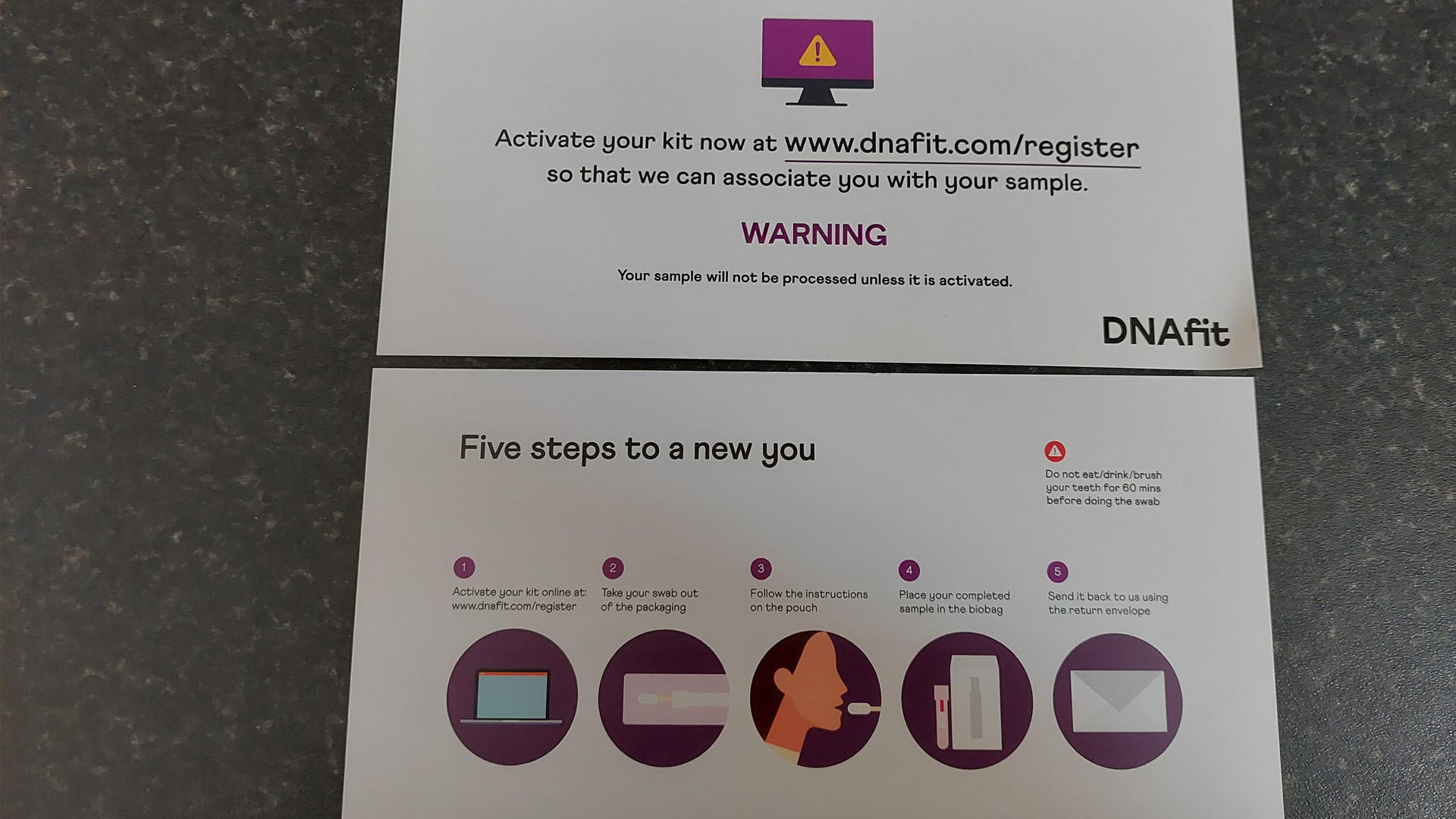
If you want to see your genetic information about fitness and stress, then Health Fit is the next option up. As well as the information offered by Diet Fit, Health Fit also tests your fitness markers, sleep and stress markers, which gives you information to choose training plans and stress-related lifestyle changes that might help your health.
Finally, Circle Premium offers all of the above, and also tests everything from your drug response markers to your genetic predisposition to conditions like dementia and cancer. You don’t get meal and training plans with this kit, but you do get the most in-depth genetic information, which may be useful for those who want to protect themselves from future illnesses or have family members who might inherit disease.
Get the world’s most fascinating discoveries delivered straight to your inbox.
The DNAfit website is easy to read and navigate and lays out the differences between each test kit clearly within tables so you can be certain what you’re getting. It also gives you the option to choose your main goal from a drop down menu offering options like ‘lose weight’ or ‘enhance performance’ and recommends a kit based on these goals.
DNAfit test kit review: Using the DNA test kit
The DNAfit kit comes in a small box that fits easily through a letterbox, with everything inside securely fitted into its own individual niche.
The instructions that come with the kit have diagrams showing what to do at each step and safety instructions to help you get a successful swab. Unfortunately, sometimes there isn’t enough DNA on the end of the swab for the company to successfully test your DNA, but they will inform you of this and send another swab for you to use within a week. Our tester didn’t get enough DNA the first time they tried, but DNAfit contacted them and sent out another swab free of charge and this second try was successful. We recommend you do the test first thing in the morning before eating or drinking anything as you need to have not consumed anything for an hour before taking your sample from your cheek.
The registration process is easy: you sign up on the DNAfit website with an email and the code that comes with your kit and can then log in to check on the progress of your DNA analysis. They will email you once they have your results, but you can access your login page at any time to redownload them if you lose the email.
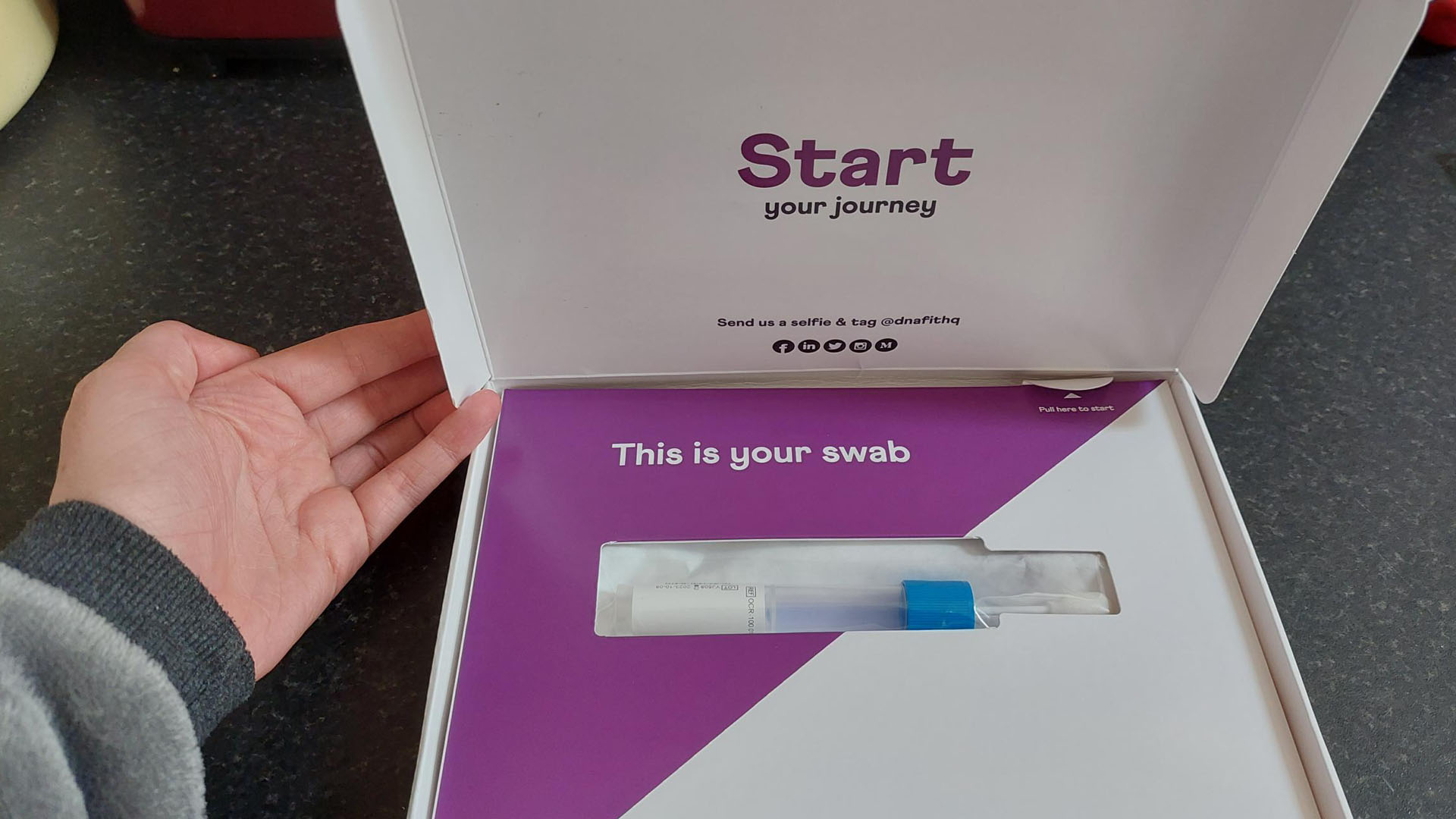
DNAfit test kit review: test results
Results are emailed to you in a PDF document and can also be downloaded at any time from your DNAfit login. Generally, you will have your results within two weeks of sending off your sample, but our tester’s took a little longer due to a poor DNA sample on their first swab.
The results are presented with infographics and broken down into easy to understand sections. DNAfit gives you the opportunity to read about the science behind each gene they’ve tested, so you can choose to read as much or as little as you like. The diet and nutrition reports are both 25-30 pages long and come separately, so you can focus on your macronutrients and dietary needs separately to your micronutrient needs.
The first piece of information in the diet report summary is your optimal diet type, which will either be low fat, reduced fat, balanced carb and fat, reduced carb or low carb depending on how your body processes and uses these macronutrients. The next page includes a summary with a sliding scale for your carbohydrate and fat sensitivity, and normal/high options for your toxin generation speed, need for cruciferous vegetables, salt sensitivity, alcohol response, caffeine response, celiac predisposition, lactose tolerance and your bitter taste perception. The rest of the diet report is then broken into two page analyses of each component tested.
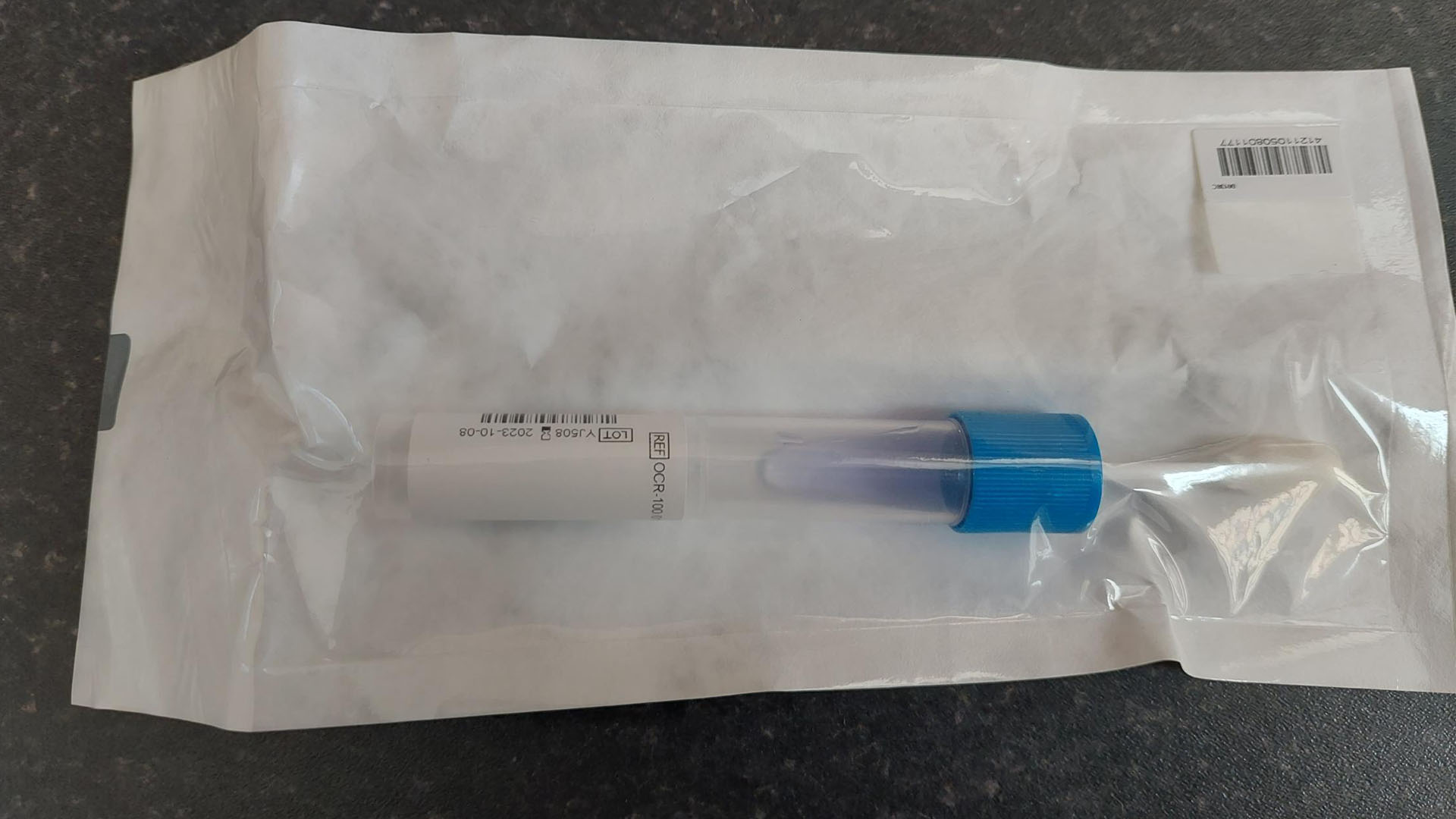
The nutrient report is laid out similarly, with normal/high needs highlighted for vitamin A, B2, B6, B9, B12, C, D, E, omega-3, iron, calcium, selenium and your antioxidant requirements. Then, as with the diet report, you are given a two page summary of each nutrient and what your results mean.
Even if you have normal needs for a certain nutrient, the report gives you a recommendation for a good dietary source and three pieces of advice. The deeper analysis of each nutrient or food that has been tested comes with a gene table explaining which gene has been tested, your genotype and the effect this might have on your health. For instance, they test six genes to check your predisposition for celiac disease and then mark which genotype you have, comparing this with the genetic markers for celiac disease to give you your result.
Our tester struggles to digest lactose, so was surprised to see that their genetic response to lactose was normal, indicating there might be an issue with gut health instead of a built-in genetic intolerance. This kind of analysis is useful if you have dietary concerns or find yourself reactive to certain foods as it gives you a way to narrow down some of the potential causes by eliminating or confirming a genetic cause. Of course, this is no substitute for a medical test carried out by a doctor, but for personal insight into your health it can be interesting and helpful.
- Related: How accurate are DNA tests?
DNAfit test kit review: Customer Reviews
DNAfit as a company has a 4.1 star rating on Trustpilot, with users liking how easy it is to understand their results and finding the process informative for their health plans going forward. Reviews indicate that with the more expensive packages, you get a one-to-one phone consultation to break down your results for you, which we thought was a good addition.
One customer wrote: “The DNAfit kit arrived really quickly and instructions were easy to follow. I received my results much quicker than expected and there were lots of dietary, health and fitness insights that I will use moving forwards. The reports were easy to read and digest, and there are lots of bite-size infographics. Would recommend it if you'd like to find out more about how you can improve your fitness journey.”
Overall customers seem happy with the information and insight they received, with 72% of reviewers giving DNAfit the full five stars.
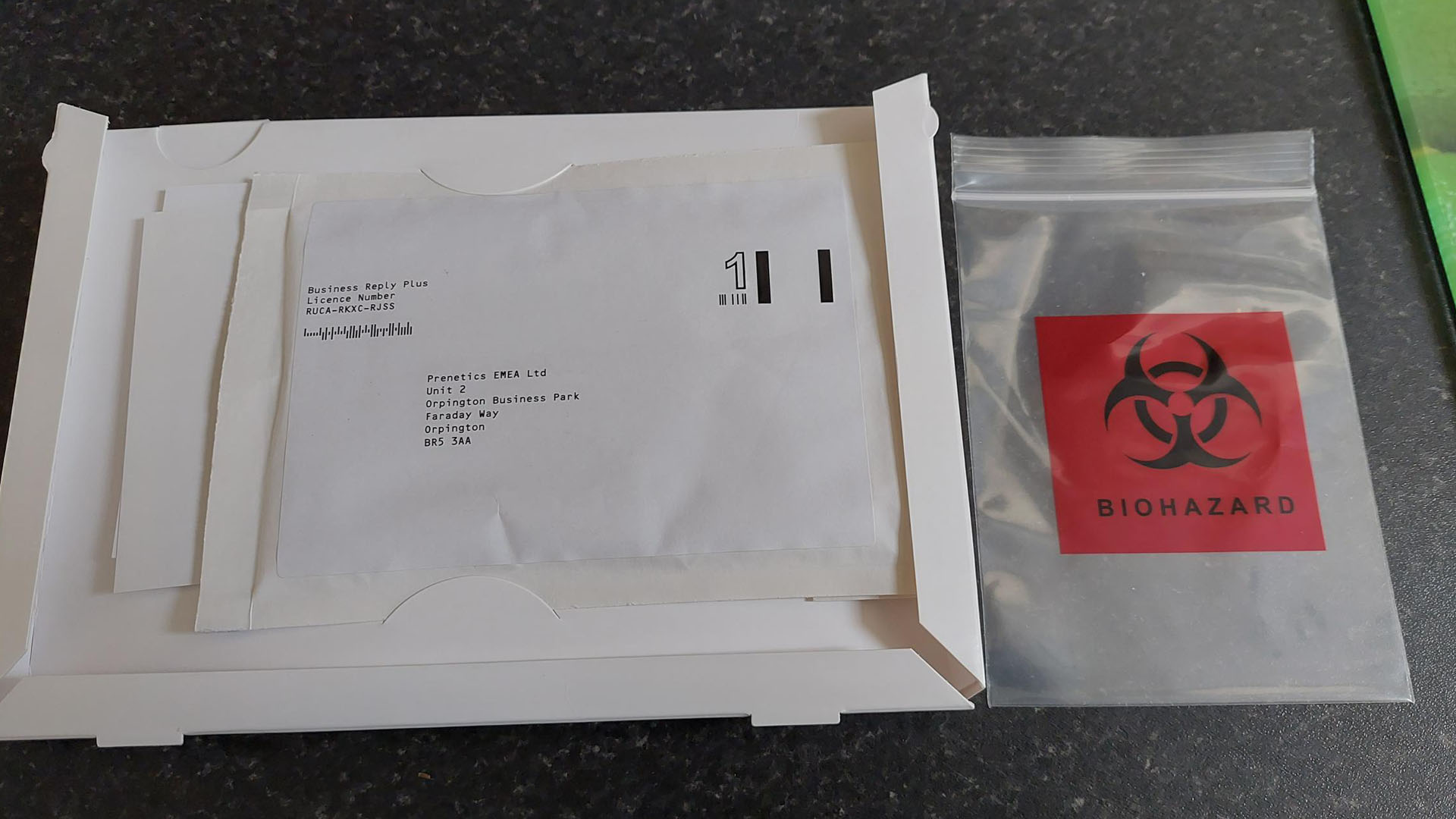
Should you use DNAfit?
Our tester found this product gave them a good base level of insight into their dietary needs, giving them some information about themselves that they didn’t previously have. The dietary results are more related to food sensitivity, but as this is based on your genetics and there are often several factors affecting food sensitivity, it won’t give you a definitive answer.
The micronutrient results are helpful, particularly if you are considering taking a dietary supplement or are concerned about developing deficiencies, as they can help to make you aware of potential areas of deficit.
DNAfit test kit review: If this product isn't for you
AncestryDNA
If you’re more interested in ancestry and historical information, then AncestryDNA might be a better option for you. This kit gives you access to a huge database, helps you make family connections with other AncestryDNA users and has lots of historical information that might be relevant or of interest to you.
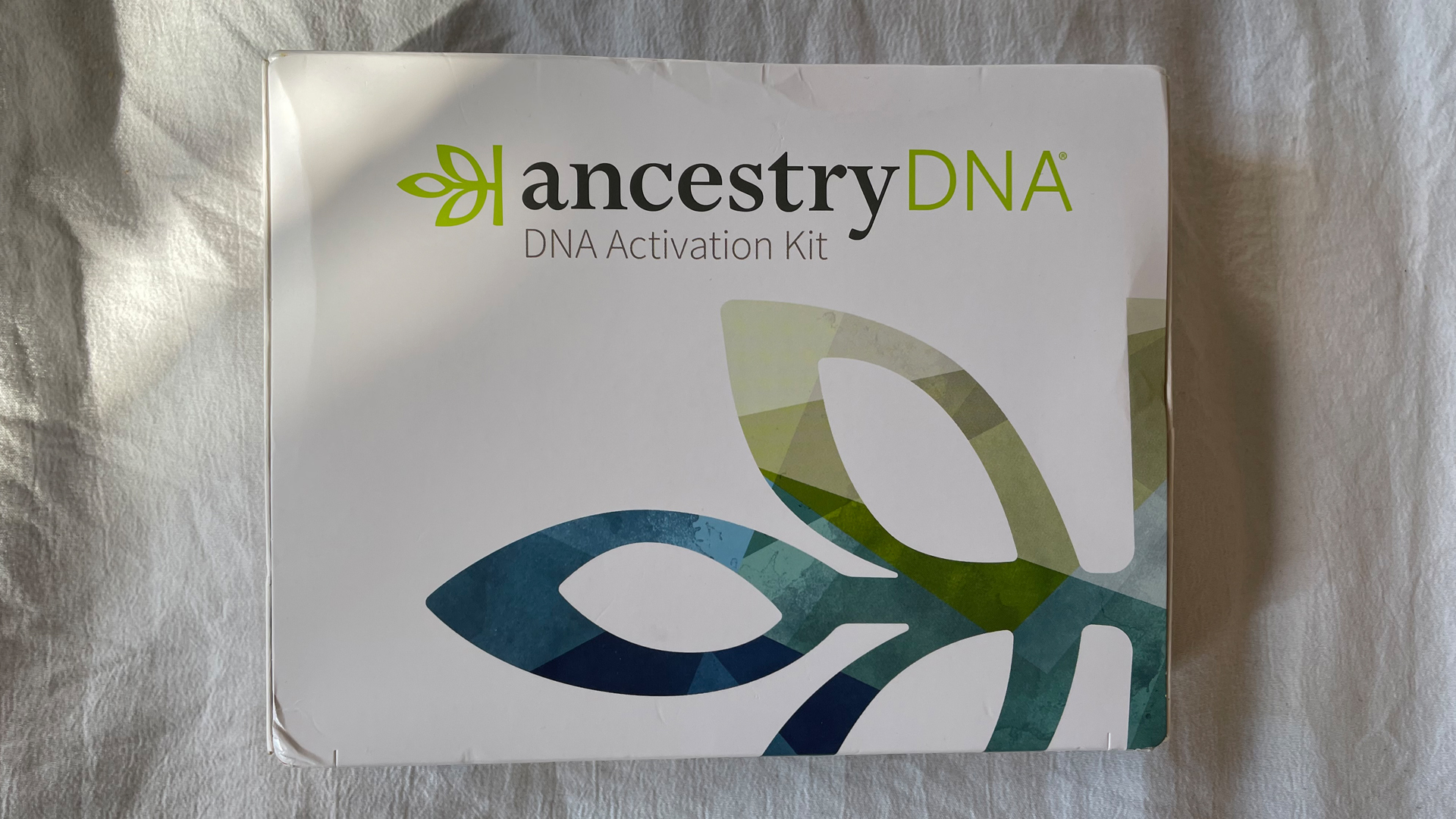
23andMe
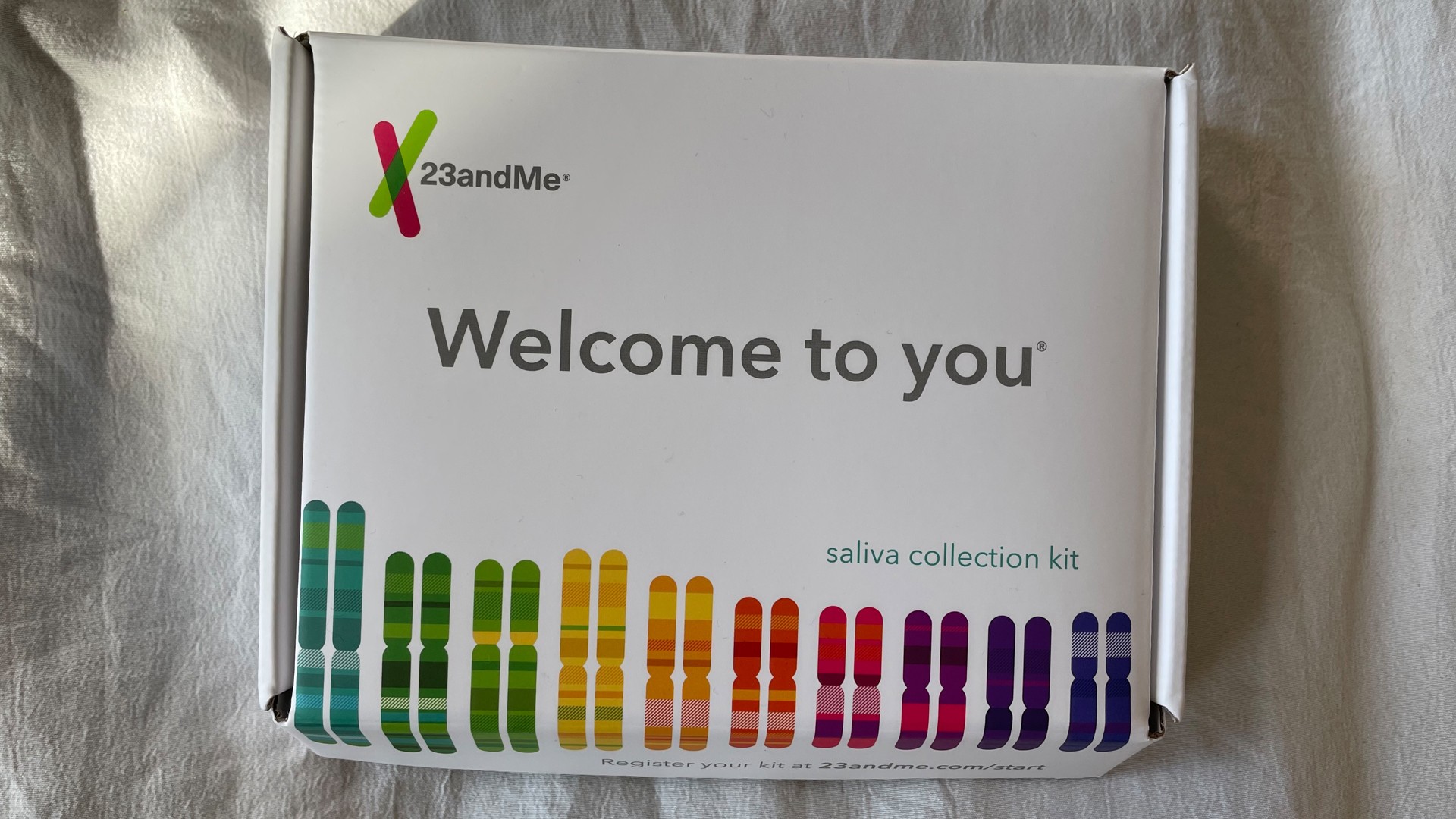
Alternatively, 23andMe offers similar health data to the Circle Premium option offered by DNAfit, but without the high price point. It also has ancestry options, so you can get both health data and ancestry information, which you can’t get from DNAfit.

Lou Mudge is a health writer based in Bath, United Kingdom for Future PLC. She holds an undergraduate degree in creative writing from Bath Spa University, and her work has appeared in Live Science, Tom's Guide, Fit & Well, Coach, T3, and Tech Radar, among others. She regularly writes about health and fitness-related topics such as air quality, gut health, diet and nutrition and the impacts these things have on our lives.
She has worked for the University of Bath on a chemistry research project and produced a short book in collaboration with the department of education at Bath Spa University.
